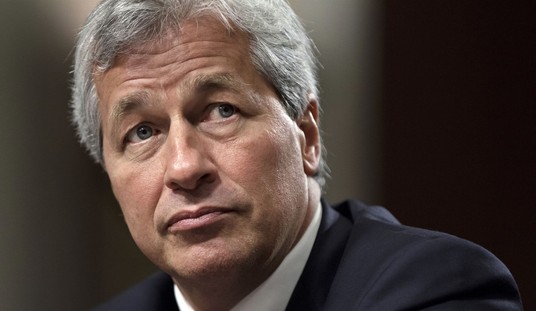
If you read enough media, you’ll occasionally see something interesting. This morning two intelligent people wrote editorials on education and I found myself unsure whether I agreed with either. Perhaps I’m not as think as I stoned I am. Who knows? But in an era of tightening resources, hard choices have to be made. Educational spending will have to be included in the pile of reducible expenditures, so perhaps hearing out both Michelle Rhee and Jonah Goldberg will help give us a better sense of what could work.
Goldberg approaches the benefits of educational spending from a macro level. He takes up a claim made by our Glorious Leader during an argument over government spending back in 2010. Mein Obama offered us the following field of straw-men undergoing massive conflagration.
“There’s an educational arms race taking place around the world right now — from China to Germany, to India to South Korea,” Obama said in 2010. “Cutting back on education would amount to unilateral disarmament. We can’t afford to do that.”
Goldberg points out literature that can perhaps statistically argue that education spending hasn’t been analytically proven to actually drive economic growth. This is a fair assessment, but does not necessarily evaluate the value of education to national commonweal in a fashion which we would consider np-complete. His fundamental gravamen follows below.
Growing economies spend a lot on education, but that doesn’t necessarily mean that spending makes them grow. During the so-called Gilded Age, the U.S. economy roared faster and longer than ever before or since, while the illiteracy rate went down. But the rising literacy didn’t cause the growth. Similarly, in the 20th century, in places like China, South Korea and India, the economic boom — and the policies that create it — always come first while the investments in education come later.
What Goldberg fails at here is to examine what would have happened if places such as Renaissance Florence and Baroque London had undergone massive economic booms first and then had not bothered expanding their intellectual capital. One can still imagine rich Florentine bankers and prosperous joint-stock companies sailing from London. However, each achievement would be hollow taken in isolation. The rise of Florence absent the explosion of art, beauty and the humanist concept of the Universal Man would have left our world a less glorious pageant. The same could be said for the rise of England to prominence absent the scientific contributions of Isaac Newton and his fellows at the academy.
Pace Goldberg, education may not have driven the Florentine Renaissance or the beginnings of the British Empire. However, neither would have had anywhere near the impact on humanity had the intellectual capital not been developed.
My criticisms notwithstanding, Goldberg still has a point with respect to educational spending in the US. We fork over many multiples of what other countries do and aren’t getting any return on investment. By rights, given our social investment in educational spending, Modern American Culture should rival the Florentine Renaissance in enlightenment and human advancement. The best we can come up with is Beyonce? Really? By rights, given our social investment in educational spending, Modern America we should be experiencing a level of technological achievement described by Neal Stephenson in his novel The Diamond Age*.
This focus on what America actually gets out of education brings us around to the words of Michelle Rhee. As the head educational authority in Washington, DC, she saw institutional failure at the price of a Lamborghini on a daily basis. She spoke with, reasoned with and tried to console desperate parents who saw their children processed by a dysfunctional machine rather than educated by caring human beings. This led to her rather controversial break with the Democratic Party on the issue of vouchers in education.
The local Democrats in the DC educational establishment demanded her help in preventing DC’s voucher program from undermining their power base. She responded as follows:
“My job is not to preserve and defend a system that has been doing wrong by children and families. My job is to make sure that every child in this city attends an excellent school. I don’t care if it’s a charter school, a private school, or a traditional district school. As long as it’s serving kids well, I’m happy. And you should be, too.”
Her ethical dilemma is repeated in every other area of government as our resources dry up. Spending for the sake of spending is a Keynesian fixation. It may enrich people with enough power to direct the fire hose of government money in their direction. But it will die in the blazing Viking Funeral of our failed society and culture unless we listen more to people like Michelle Rhee. We need to look at the real reason we should have our government spend money.
Educational spending, like all other governmental transfer payments, is only beneficial if it transfers assets from a less efficient and beneficial use to higher and more productive one. Or as Michelle so aptly put it, “As long as it’s serving the kids well….” So as we survey the wreckage of our over-indebted and underperforming governments at every level, we should keep this maxim in mind. Educational spending (and other forms of government spending) can actually be intelligent, but only is the money is being appropriated and executed intelligently.
*-It was nearly fifty-five years ago last month when Dr. Richard Feynman gave his talk “There’s Plenty of Room at the Bottom”












Join the conversation as a VIP Member